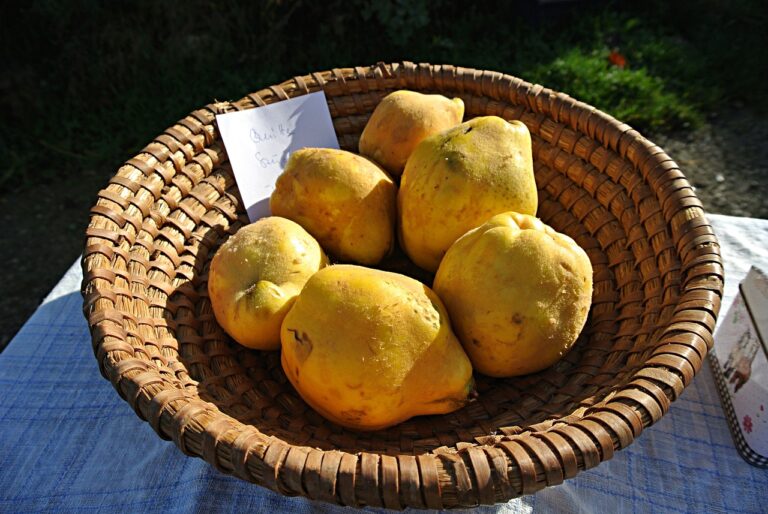Companion Planting for Natural Pest Control: Using Plants to Repel Insects and Attract Beneficial Predators: Betbook250 login, Reddybook id, Playlotus365
betbook250 login, reddybook id, playlotus365: Companion planting is a natural and effective way to control pests in your garden without the use of harmful chemicals. By strategically planting certain plants together, you can repel insects and attract beneficial predators that will help keep your garden healthy and thriving. Here’s how you can use companion planting to naturally control pests in your garden.
Planting Marigolds for Pest Control
Marigolds are well-known for their ability to repel a wide range of insects, including mosquitoes, aphids, and nematodes. Planting marigolds around your garden or interspersed with your vegetable plants can help deter pests and keep your plants healthy.
Attracting Ladybugs for Pest Control
Ladybugs are voracious eaters of aphids, mites, and other destructive pests. By planting plants like dill, fennel, and cilantro, you can attract ladybugs to your garden and help keep pest populations in check.
Using Basil to Repel Mosquitoes
Basil is not only a delicious herb to add to your meals, but it also has natural insect-repelling properties. Planting basil near outdoor seating areas can help keep mosquitoes at bay while adding a lovely fragrance to your garden.
Companion Planting with Garlic
Garlic is a natural pest repellent that can help protect your plants from a wide range of insects. Planting garlic around your garden or interspersing it with your vegetable plants can help deter pests and keep your plants healthy.
Attracting Hoverflies with Alyssum
Hoverflies are beneficial predators that feed on aphids, thrips, and other small insects. Planting alyssum in your garden can attract hoverflies and other beneficial insects that will help control pest populations naturally.
FAQs:
Q: Is companion planting really effective for pest control?
A: Yes, companion planting is a proven method for controlling pests in your garden without the use of harmful chemicals. By planting certain plants together, you can repel insects and attract beneficial predators that will help keep your garden healthy.
Q: Are there any plants that should not be planted together?
A: While companion planting is generally beneficial, there are some plants that should not be planted together as they may compete for nutrients or attract the same pests. It’s always a good idea to research the best companion plants for your specific garden.
Q: How do I know which plants to use for companion planting?
A: There are many resources available online and in gardening books that can help you determine the best companion plants for pest control in your specific garden. Experimenting with different plant combinations is a great way to find what works best for you.
In conclusion, companion planting is a natural and effective way to control pests in your garden while promoting a healthy and thriving ecosystem. By strategically planting certain plants together, you can repel insects and attract beneficial predators that will help keep your garden pest-free. Experiment with different plant combinations to find what works best for your garden, and enjoy a beautiful, thriving outdoor space without the use of harmful chemicals.







